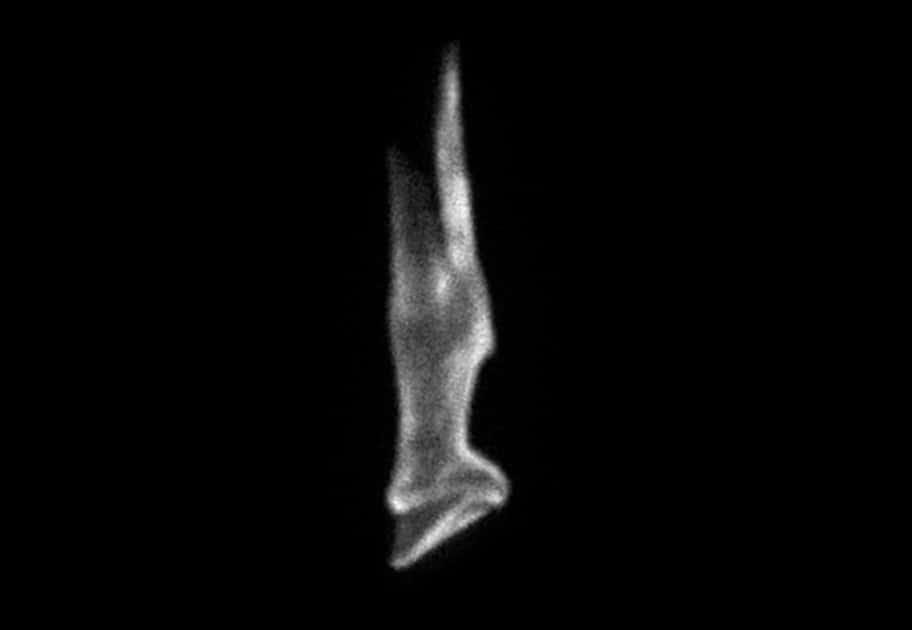
CSU Receives $42.5 Million Gift for Regenerative Medicine
John and Leslie Malone committed $42.5 million to develop regenerative medical therapies for animals and people.

John and Leslie Malone committed $42.5 million to develop regenerative medical therapies for animals and people.

Veterinarians use equine rehabilitation to restore the normal function following injury while reducing clinical signs and restoring range of motion.

Shock wave is a noninvasive, nonsurgical therapy for orthopedic conditions. Learn how it can help your horse.

The navicular is a tiny bone that can cause big problems in horses. It and its associated structures are responsible for up to one-third of all front-limb lamenesses.

Veterinarians have the option of removing an equine eye without the risks associated with general anesthesia.
On Jan. 30, two speakers will discuss inflammatory airway disease.

Researchers found that a surgical procedure intended to control cribbing is very effective.

Intra-arterial injection is the “preferred” technique for administrating MSCs to the horse’s foot.

Researchers are studying whether stem cell therapy could help stabilize chronic laminitis cases.

Dr. Laura Werner performs shock wave therapy on a horse with signs of pelvic pain.

Learn about equine intra-articular joint-injections for arthritis from a leading researcher and practitioner.

The events will feature lectures on university programs, equine reproduction, and horse management issues.

Dr. Wayne McIlwraith received the Jacob Markowitz Award for outstanding contributions to medicine.
One project will explore regenerative techniques to restore laryngeal function in horses, people, and dogs.
A generous donation has allowed the Atlantic Veterinary College (AVC) to purchase a new equine surgery table.
The 2013’s annual Zweig Memorial Trot kicks off with a series of talks on equine health.
Stay on top of the most recent Horse Health news with
"*" indicates required fields